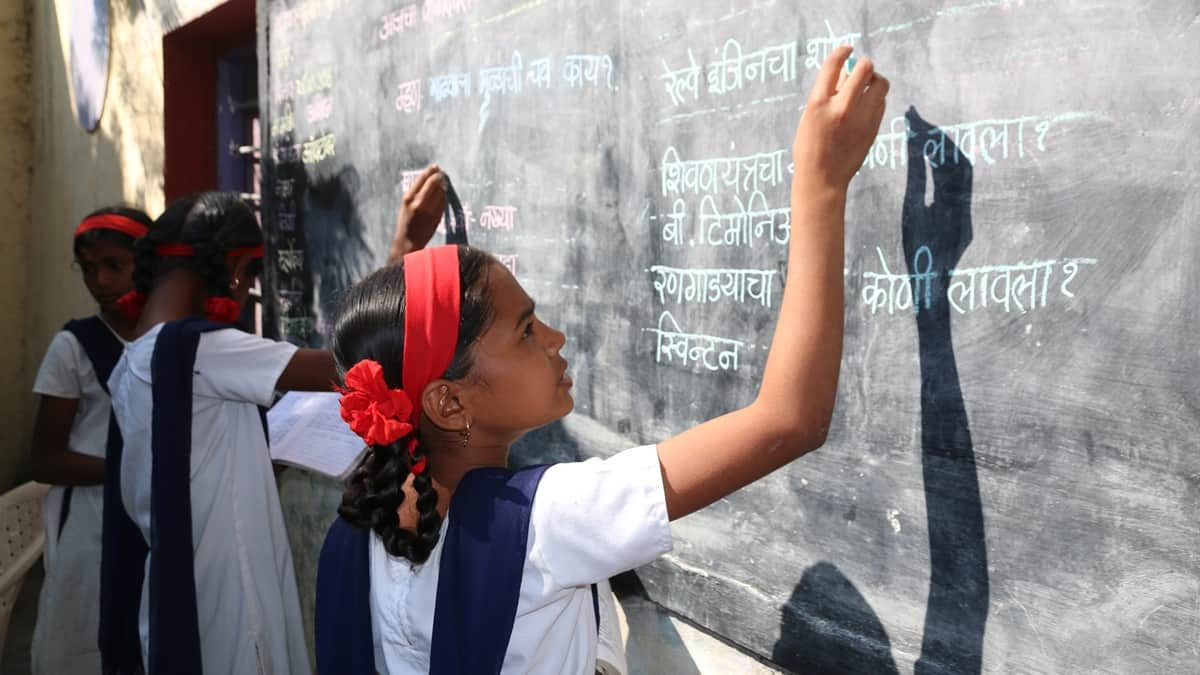UNICEF, Kerala consult southern states on 'quality', 'inclusive' secondary education
Vagisha Kaushik | October 31, 2025 | 08:12 PM IST | 3 mins read
South-regional consultation sees AP, Karnataka, Tamil Nadu, Telangana officials, academia, teachers, students discuss education reforms.

UNICEF, in collaboration with the Government of Kerala, organised the first regional consultation on reforming secondary education for southern states of India. The event saw senior government officials, civil society organisations, academia, donors, development partners, teachers and students from Kerala, Andhra Pradesh, Karnataka, Tamil Nadu and Telangana. Participants discussed ways to make secondary education more accessible for all students and raise its quality.
“Secondary education is critical for preparing adolescents for life, work and citizenship. While India has achieved near-universal primary education, only three in four adolescents aged 14 to 17 nationally are enrolled in school, with varying ratios across states,” an official statement said.
The academics noted that rates are even lower among the poorest, Scheduled Tribe, Scheduled Caste and minority students. A total of 2.8 million children across India did not transition to higher secondary education. The situation in south India illustrates that schooling does not automatically translate into learning. Even though the region exceeds the national average for enrolment and transition to higher secondary, learning outcomes remain low, with grade 9 students scoring an average of only 38 to 56 per cent across subjects.
Also read UDISE Plus 2023-24 shows school enrolment drop of 37 lakh spread across categories, levels
Speaking at the consultation, education minister V Sivankutty emphasised the importance of bridging these gaps and said, “Kerala’s success in human development and education is built on a simple principle — every child, regardless of who they are or where they come from, must have the opportunity to learn and succeed. Secondary education is a turning point in a young person’s life. We must ensure that our schools are well-resourced, inclusive, and ready to prepare our adolescents for the future.”
Investment in school education
Saadhna Panday, chief education, UNICEF India, underscored that such a focus is required for inclusive social and economic development: “Investing adequately and equitably in secondary education for India’s 165 million adolescents is investing in India’s future. Research shows that completing secondary school lowers risks of child marriage, early pregnancy and child labour, while yielding social returns above 10 per cent and increasing incomes by 10 per cent per additional year of schooling,” he said.
Participants at the consultation expressed commitment to solutions and innovations across four key areas – using data to guide planning and targeted financing; expanding safe, inclusive school infrastructure to increase access and support student retention; enhancing teacher capacity through continuous professional development and stronger management; and designing curriculum, materials and learning pathways that build 21st century skills, aligned with labour market needs.
“When education systems are well-governed and adequately funded, every child can complete schooling with purpose — ready to learn, earn, and contribute meaningfully to society and the economy.” said K L Rao, chief, UNICEF office for Kerala and Tamil Nadu.
The consultation reaffirmed that achieving an equal secondary education for all requires whole-of-society partnerships which engage government, private sector, academia, and civil society.
The southern states have shown that such collaboration can effectively advance inclusive, skill-based education, with Kerala’s success in technology-enabled classrooms, community engagement, and teacher empowerment recognized as a model for replication.
Follow us for the latest education news on colleges and universities, admission, courses, exams, research, education policies, study abroad and more..
To get in touch, write to us at news@careers360.com.